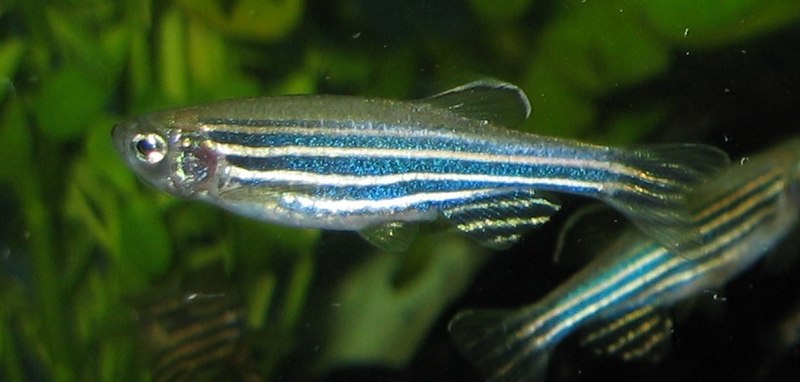A few years ago, I put together a list of inventions for a Bible study I was teaching (Ravi Zacharias' "Deliver Us From Evil" video series). The topic that week had to do with relativism and philosophy, and so one of the things I decided to tie in was how much advancement had been made in the name of science.
The list went something like this:
1885: Automobile patent granted (internal combustion engine)
1893: Radio (Nikola Tesla)
1923: Television (Electronic)
1928: Antibiotics: Alexander Fleming (initial discovery of penicillin)
1935: Nylon
1937: Jet engine
1942: Nuclear reactor
1945: Nuclear weapons - Manhattan Project
1946: Microwave oven
1947: Transistor
1950: Credit card
1958: Communications satellite
1958: Implantable pacemaker
1960: Laser
1961: Human spaceflight
1967: Automatic Teller Machine
1973: Personal computer - Xerox PARC
1973: Genetically modified organism - e Coli (Stanley Norman Cohen and Herbert Boyer)
1975: DNA sequencing (bacteria), Allan Maxam and Walter Gilbert; Frederick Sanger
1982: Artificial heart
1983: Internet
1990: World Wide Web, computer networks in the 60's
1993: Global Positioning System
1999: GloFish
2000: The Human Genome Project (HGP)
I read off the list of inventions to the group, and then I posited the following question: "Is there anything man can't do now?" My main point was that frequently the argument is made that it is only a matter of time before science figures everything out. Along with this point of view often comes the implication that religion (usually Christianity) is no longer needed.
But is that really the case?
I was reminded of that question last night as I walked through a department store and looked at fish tanks in the pet section. There, in one of the fish tanks were some GloFish...which are genetically modified fish that were created by taking green fluorescent protein from a jellyfish and putting them into a zebrafish embryo. Nowadays they are being sold as pets. (I wonder if somebody is working on fluorescent minnows somewhere...and what game fish would think of them!)
So, with all the advancements being made in genetically modified crops, animals, bacteria, etc., does this mean that the world is truly being unlocked to us, as if we are just playing with a bunch of building blocks? Does this mean that our world truly is nothing more than a bunch of interacting molecules, atoms, physics forces, and that, given enough time, scientists will be able to solve any given problem and create any species they want?
I find it interesting that many inventions (especially flight related ones) were actually inspired by animals...for instance the airplane, helicopters, etc. This is a process that continues today, with scientists looking to the interaction of ants as a means of solving some very difficult math problems. In fact, with the Oriental Hornet, they recently discovered that such a creature may actually have a some type of "solar cell" mechanism in its body as a means of acquiring energy.
What do you think? Has science advanced to the point that we are on the fringes of solving almost any problem? Do you believe it is a matter of time before we can genetically modify anything?
Next Monday, I'll describe an alternate view of this subject and together we'll look at what the Bible actually says about this.

I believe that science is very far from solving most and problem, and that Christianity and science are coming more closely together than ever before. Enjoyed your post!
ReplyDeleteThanks for stopping by!
ReplyDeleteAnother interesting thing, too, is that a century ago, several well known scientists had a Christian faith as a basis for their life...and in some cases that faith was a starting point for their investigations/experiments/discoveries. Maybe in another post I'll cover that.